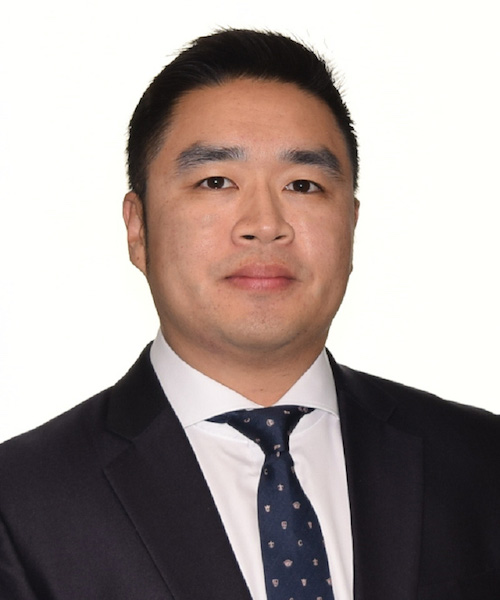Ivey Business School, Western University, Canada
A Buddhist approach to paradoxical tensions
Abstract
Paradox studies have highlighted the value of seemingly contradictory tensions. Although this prior work has drawn from Eastern philosophy such as Daoism, we explored whether a Buddhist perspective could offer new insights. We engaged in a three-month ethnographic study in a Buddhist temple in Korea, and found that the temple’s two groups of monks, business monks and meditation monks, experienced different types of tensions and that each group employed different cognitive tactics to address their tensions. While business monks used the paradoxical way of handling tensions, meditation monks cognized tensions very differently. The meditation monks did not experience a paradox and did not engage in the separation work described by the paradox literature. Instead, they aimed to remove categories and avoid separating elements, which we call Sunyata. This insight offers a new perspective of cognizing tensions, which has implications for the paradox literature and for organization studies more broadly.
Biography
Hee-Chan Song is a Ph.D. candidate in corporate sustainability at Ivey Business School, Western University. His dissertation, the ethnography of Buddhist temples, investigates various tensions in the core issues of corporate sustainability: profit versus morality, short-term versus long-term goals, and organizational adaptation versus persistency. The fieldwork aims to offer new perspectives to tackle those tensions. By studying historical Buddhist temples that have never been previously explored in management field, he hopes management researchers are able to find new ways of handling tensions and even reframing some of existing organizational issues. Hee-Chan is also interested in bridging Buddhist philosophy and corporate sustainability literature. This work attempts to provide a theoretical framework on the paradox of human desire, material well-being, and economic behavior, which together form the foundations of both sustainable development and our business practice.
Hee-Chan Song

